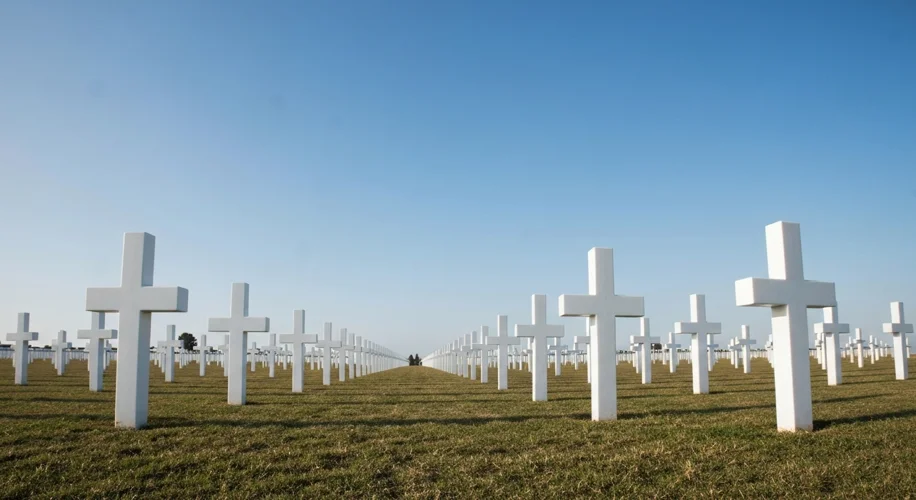In the heart of Africa, a nation was consumed by a firestorm of hatred. The year was 1994, and in Rwanda, a horrific genocide unfolded, shattering lives and leaving an indelible scar on human history. For approximately 100 days, an estimated 800,000 people, overwhelmingly Tutsis, were systematically murdered by Hutu extremists.
The roots of this tragedy run deep, intertwined with a complex history of ethnic division, colonial manipulation, and simmering political tensions. For centuries, the Hutu and Tutsi groups coexisted, distinguished more by social and economic roles than by distinct ethnic identities. However, Belgian colonial rule amplified these differences, favoring the Tutsi minority and issuing identity cards that rigidly defined people as Hutu or Tutsi. This policy sowed seeds of resentment that would eventually blossom into a deadly harvest.
Following independence in 1962, Rwanda was dominated by Hutu politicians, and discrimination against Tutsis intensified. Periodic outbreaks of violence and massacres occurred, creating a climate of fear and displacement. By the early 1990s, a Hutu-led government was firmly in power, but a Tutsi-led rebel group, the Rwandan Patriotic Front (RPF), launched an offensive from Uganda, aiming to end the Hutu dominance and allow Tutsis to return from exile.
The spark that ignited the inferno was the assassination of President Juvénal Habyarimana, a Hutu, on April 6, 1994, when his plane was shot down. While the perpetrators remain debated, Hutu extremists swiftly blamed the RPF and Tutsis, launching a meticulously planned extermination campaign. Within hours, roadblocks were set up, and the killing began. Ordinary citizens, incited by radio broadcasts spewing venomous propaganda, were urged to participate in the slaughter of their neighbors.

The world watched, largely in stunned silence. Despite clear warnings and the chilling evidence of massacres, the international community, particularly the United Nations, failed to intervene decisively. The UN peacekeeping force already present, led by General Roméo Dallaire, was drastically reduced, leaving its contingent powerless to stop the carnage. Debates raged in foreign capitals, often bogged down by legalistic quibbles over definitions of ‘genocide’ and a reluctance to commit resources to a conflict deemed an “internal affair.”
The international response was a stark abdication of responsibility. The United States, still reeling from the “Black Hawk Down” incident in Somalia, was hesitant to commit troops. France, which had supported the Hutu regime, conducted a limited intervention that critics argue did little to stem the tide of killing. The United Nations Security Council, paralyzed by internal disagreements, authorized only a minimal force, too late and too small to have a significant impact.
As the genocide raged, the RPF, despite being outnumbered and outgunned, fought its way across the country. By July 1994, they had defeated the génocidaires and halted the killing, but the damage was done. An estimated 800,000 people had been brutally murdered, often with machetes and crude weapons, in a testament to the horrific efficiency of the extermination.
The aftermath presented immense challenges: a shattered society, a populace traumatized by violence, and the daunting task of rebuilding. Millions were displaced, fleeing to neighboring countries, creating a refugee crisis. Justice became a paramount concern. The UN established the International Criminal Tribunal for Rwanda (ICTR) to prosecute key figures, while traditional Gacaca courts were implemented within Rwanda to handle the vast number of perpetrators.
The Rwandan genocide remains a haunting reminder of humanity’s capacity for evil and the devastating consequences of inaction. It exposed the profound failures of international peacekeeping and the ethical imperative to act when faced with genocide. The world learned a bitter lesson: that indifference in the face of mass atrocities carries its own heavy price. The echoes of Rwanda serve as a constant, urgent call to remember, to act, and to ensure that such horrors are never repeated.

